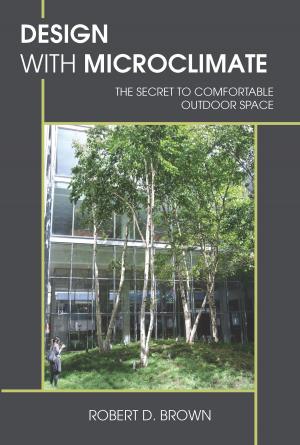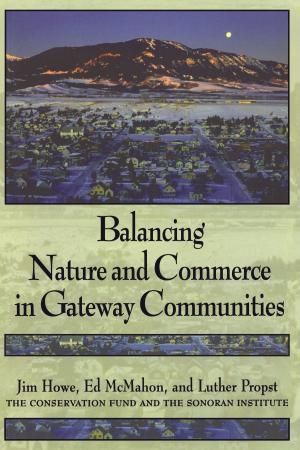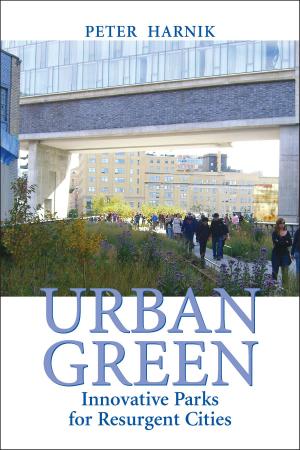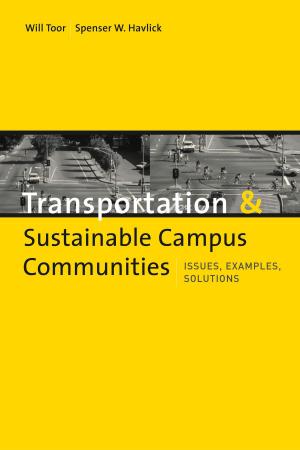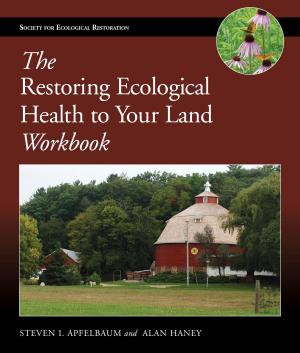Flames in Our Forest
Disaster Or Renewal?
Nonfiction, Science & Nature, Nature, Plant Life, Trees, Technology, Agriculture & Animal Husbandry| Author: | Stephen F. Arno, Stephen Allison-Bunnell | ISBN: | 9781597266031 |
| Publisher: | Island Press | Publication: | April 1, 2002 |
| Imprint: | Island Press | Language: | English |
| Author: | Stephen F. Arno, Stephen Allison-Bunnell |
| ISBN: | 9781597266031 |
| Publisher: | Island Press |
| Publication: | April 1, 2002 |
| Imprint: | Island Press |
| Language: | English |
Shaped by fire for thousands of years, the forests of the western United States are as adapted to periodic fires as they are to the region's soils and climate. Our widespread practice of ignoring the vital role of fire is costly in both ecological and economic terms, with consequences including the decline of important fire-dependtree and undergrowth species, increasing density and stagnation of forests, epidemics of insects and diseases, and the high potential for severe wildfires.
Flames in Our Forest explains those problems and presents viable solutions to them. It explores the underlying historical and ecological reasons for the problems associated with our attempts to exclude fire and examines how some of the benefits of natural fire can be restored Chapters consider:
•the history of American perceptions and uses of fire in the forest
•how forest fires burn
•effects of fire on the soil, water, and air
•methods for uncovering the history and effects of past fires
•prescribed fire and fuel treatments for differzones in the landscape
Flames in Our Forest presents a new picture of the role of fire in maintaining forests, describes the options available for restoring the historical effects of fires, and considers the implications of not doing so. It will help readers appreciate the importance of fire in forests and gives a nontechnical overview of the scientific knowledge and tools available for sustaining western forests by mimicking and restoring the effects of natural fire regimes.
Shaped by fire for thousands of years, the forests of the western United States are as adapted to periodic fires as they are to the region's soils and climate. Our widespread practice of ignoring the vital role of fire is costly in both ecological and economic terms, with consequences including the decline of important fire-dependtree and undergrowth species, increasing density and stagnation of forests, epidemics of insects and diseases, and the high potential for severe wildfires.
Flames in Our Forest explains those problems and presents viable solutions to them. It explores the underlying historical and ecological reasons for the problems associated with our attempts to exclude fire and examines how some of the benefits of natural fire can be restored Chapters consider:
•the history of American perceptions and uses of fire in the forest
•how forest fires burn
•effects of fire on the soil, water, and air
•methods for uncovering the history and effects of past fires
•prescribed fire and fuel treatments for differzones in the landscape
Flames in Our Forest presents a new picture of the role of fire in maintaining forests, describes the options available for restoring the historical effects of fires, and considers the implications of not doing so. It will help readers appreciate the importance of fire in forests and gives a nontechnical overview of the scientific knowledge and tools available for sustaining western forests by mimicking and restoring the effects of natural fire regimes.




